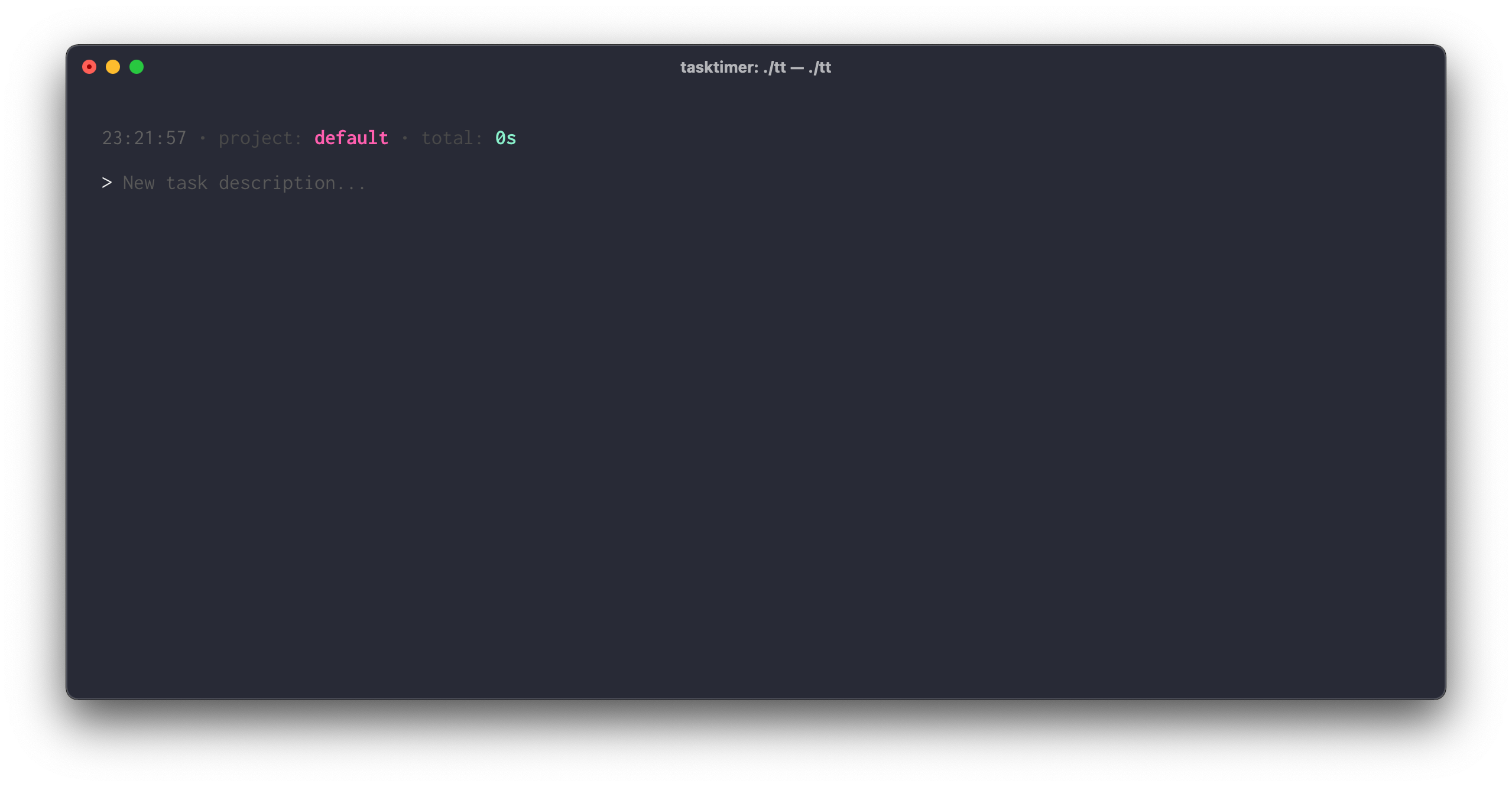gocelery
Go Client/Server for Celery Distributed Task Queue
Why?
Having been involved in several projects migrating servers from Python to Go, I have realized Go can improve performance of existing python web applications. As Celery distributed tasks are often used in such web applications, this library allows you to both implement celery workers and submit celery tasks in Go.
You can also use this library as pure go distributed task queue.
Go Celery Worker in Action
Supported Brokers/Backends
Now supporting both Redis and AMQP!!
- Redis (broker/backend)
- AMQP (broker/backend) - does not allow concurrent use of channels
Celery Configuration
Celery must be configured to use json instead of default pickle encoding. This is because Go currently has no stable support for decoding pickle objects. Pass below configuration parameters to use json.
Starting from version 4.0, Celery uses message protocol version 2 as default value. GoCelery does not yet support message protocol version 2, so you must explicitly set CELERY_TASK_PROTOCOL to 1.
CELERY_TASK_SERIALIZER='json',
CELERY_ACCEPT_CONTENT=['json'], # Ignore other content
CELERY_RESULT_SERIALIZER='json',
CELERY_ENABLE_UTC=True,
CELERY_TASK_PROTOCOL=1,
Example
GoCelery GoDoc has good examples.
Also take a look at example directory for sample python code.
GoCelery Worker Example
Run Celery Worker implemented in Go
// create redis connection pool
redisPool := &redis.Pool{
Dial: func() (redis.Conn, error) {
c, err := redis.DialURL("redis://")
if err != nil {
return nil, err
}
return c, err
},
}
// initialize celery client
cli, _ := gocelery.NewCeleryClient(
gocelery.NewRedisBroker(redisPool),
&gocelery.RedisCeleryBackend{Pool: redisPool},
5, // number of workers
)
// task
add := func(a, b int) int {
return a + b
}
// register task
cli.Register("worker.add", add)
// start workers (non-blocking call)
cli.StartWorker()
// wait for client request
time.Sleep(10 * time.Second)
// stop workers gracefully (blocking call)
cli.StopWorker()
Python Client Example
Submit Task from Python Client
from celery import Celery
app = Celery('tasks',
broker='redis://localhost:6379',
backend='redis://localhost:6379'
)
@app.task
def add(x, y):
return x + y
if __name__ == '__main__':
ar = add.apply_async((5456, 2878), serializer='json')
print(ar.get())
Python Worker Example
Run Celery Worker implemented in Python
from celery import Celery
app = Celery('tasks',
broker='redis://localhost:6379',
backend='redis://localhost:6379'
)
@app.task
def add(x, y):
return x + y
celery -A worker worker --loglevel=debug --without-heartbeat --without-mingle
GoCelery Client Example
Submit Task from Go Client
// create redis connection pool
redisPool := &redis.Pool{
Dial: func() (redis.Conn, error) {
c, err := redis.DialURL("redis://")
if err != nil {
return nil, err
}
return c, err
},
}
// initialize celery client
cli, _ := gocelery.NewCeleryClient(
gocelery.NewRedisBroker(redisPool),
&gocelery.RedisCeleryBackend{Pool: redisPool},
1,
)
// prepare arguments
taskName := "worker.add"
argA := rand.Intn(10)
argB := rand.Intn(10)
// run task
asyncResult, err := cli.Delay(taskName, argA, argB)
if err != nil {
panic(err)
}
// get results from backend with timeout
res, err := asyncResult.Get(10 * time.Second)
if err != nil {
panic(err)
}
log.Printf("result: %+v of type %+v", res, reflect.TypeOf(res))
Sample Celery Task Message
Celery Message Protocol Version 1
{
"expires": null,
"utc": true,
"args": [5456, 2878],
"chord": null,
"callbacks": null,
"errbacks": null,
"taskset": null,
"id": "c8535050-68f1-4e18-9f32-f52f1aab6d9b",
"retries": 0,
"task": "worker.add",
"timelimit": [null, null],
"eta": null,
"kwargs": {}
}
Projects
Please let us know if you use gocelery in your project!
Contributing
You are more than welcome to make any contributions. Please create Pull Request for any changes.
LICENSE
The gocelery is offered under MIT license.












